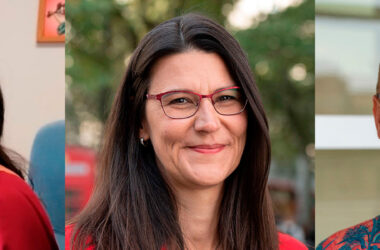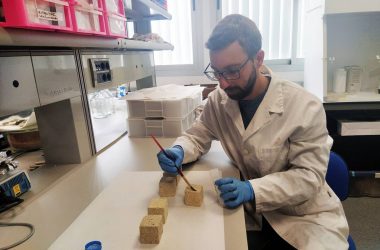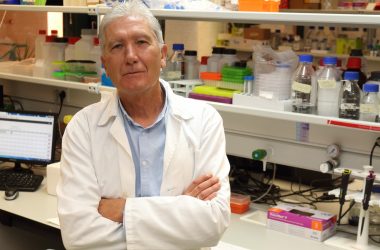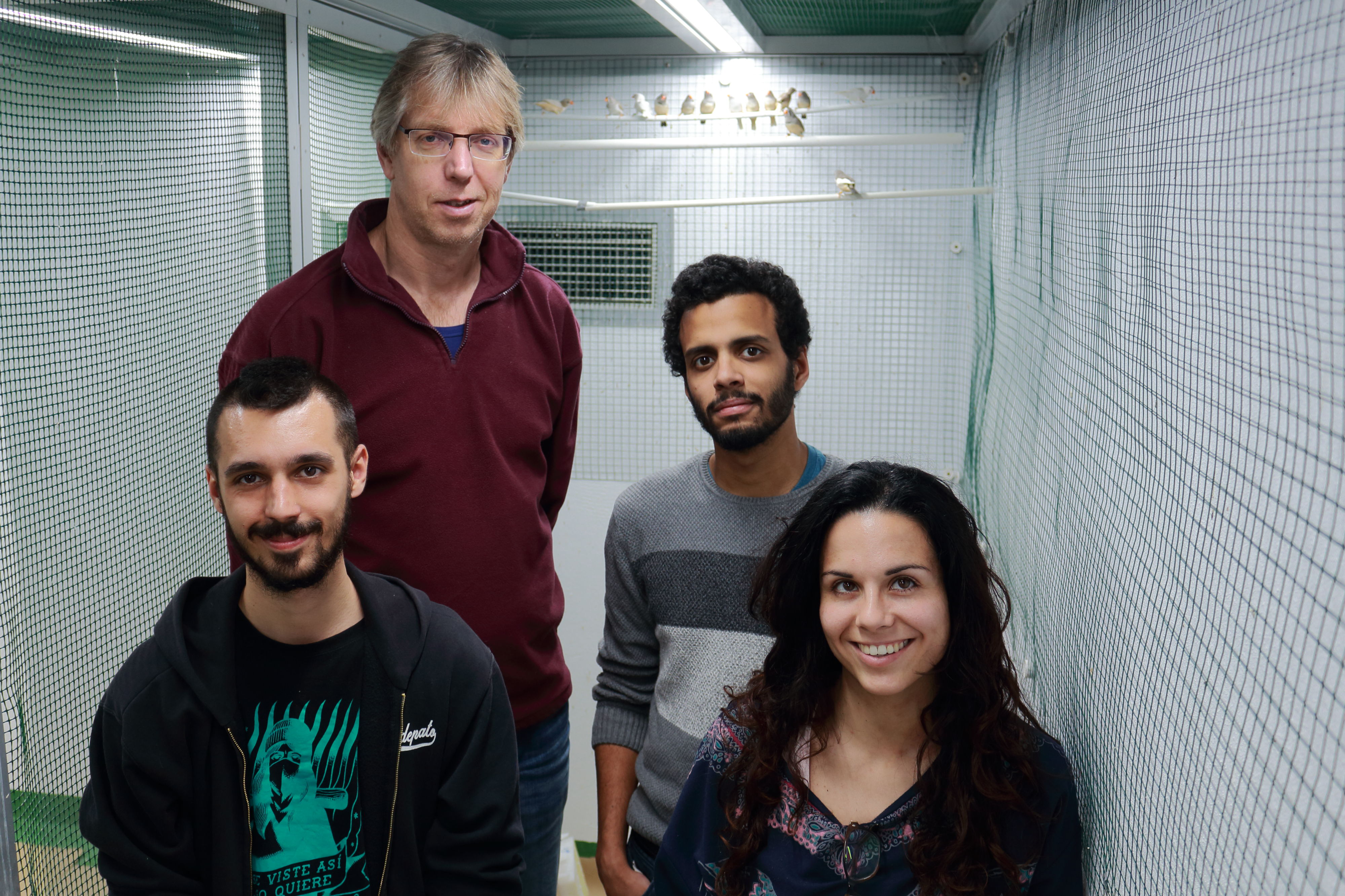Universidad Pablo de Olavide, King’s College London and Syracuse University sign an agreement to promote research and transfer activities on entrepreneurial creativity and well-being with a gendered approach.
Etiqueta: research
The company Detea licenses the app ‘iPresCons’, developed in collaboration with the UPO
iPresCons is an Artificial Intelligence application, developed by researchers of the UPO based on a contract signed with the company DETEA, S.A. for the participation of the Research Group PAIDI Data Science & Big Data Lab (TIC 254), in the R&D project: “Predictive models for the collaborative management of estimates in client relation processes” (in Spanish, Modelos predictivos para la gestión colaborativa de estimaciones en procesos de relación con el cliente), to which DETEA, S.A. submitted to the call of the Technological Corporation of Andalusia (CTA, in Spanish). This app is useful in calculating the cost of a construction, as it predicts a price range for a specific real estate based on Machine Learning and Big Data techniques.
Nanoparticles with quantum dots to restore monuments
The fluorescence emitted by tiny quantum zinc oxide particles can be used to see how some substances used in the restoration of historic buildings penetrate. Researchers from the Pablo de Olavide University have verified it with samples collected in old quarries in Cadiz, from where the stone came out to build the city hall and the cathedral of Seville.
The Braincure project, leaded by Sánchez Alcázar, receives a research aid from the Feder Foundation
The project is called BrainCure: Medicina de precisión personalizada para las ENACH (BrainCure: personalised precision medicine for NBIA disorders). It has been developed by the scientific team led by the UPO lecturer José Antonio Sánchez Alcázar and is one of the four projects selected by the Spanish Foundation for Rare Diseases (FEDER) in the V Convocatoria de Ayudas a la Investigación (fifth official announcement for research grants). Its resolution has been evaluated by the Carlos III Health Institute.
How can living beings improve their success?
Researchers Pim Edelaar at Pablo de Olavide University (Seville, Spain) and Daniel Bolnick at the University of Connecticut (USA) have developed a classification of the different ways that living beings can improve their success in relation to their environment. This theoretical framework is a conceptual tool that helps to understand and contemplate the total range of options that an organism has to relate to its environment, recognizing all the processes that may be relevant in the real world (such as in the fields of Biology, Medicine, Sociology and Economics). «Many times some processes are overlooked, but all are necessary to better understand what is happening or think of what could be done,» explains Pim Edelaar. The results have been published in Trends in Ecology and Evolution, the most important journal in the areas of Ecology and Evolution.
Scientists gets that a mouse activates a touchscreen through a cognitive-related neural pattern
Brain-machine interfaces represent a solution for people with physical difficulties to communicate with their physical and social environment. In this work, ‘A cognition-related neural oscillation pattern, generated in the prelimbic cortex, can control operant learning in rats’, researchers have identified a functional brain pattern in prefrontal cortex, associated to cognitive processes, and have used it to activate a screen in a touch device (an iPad’s touchscreen).






